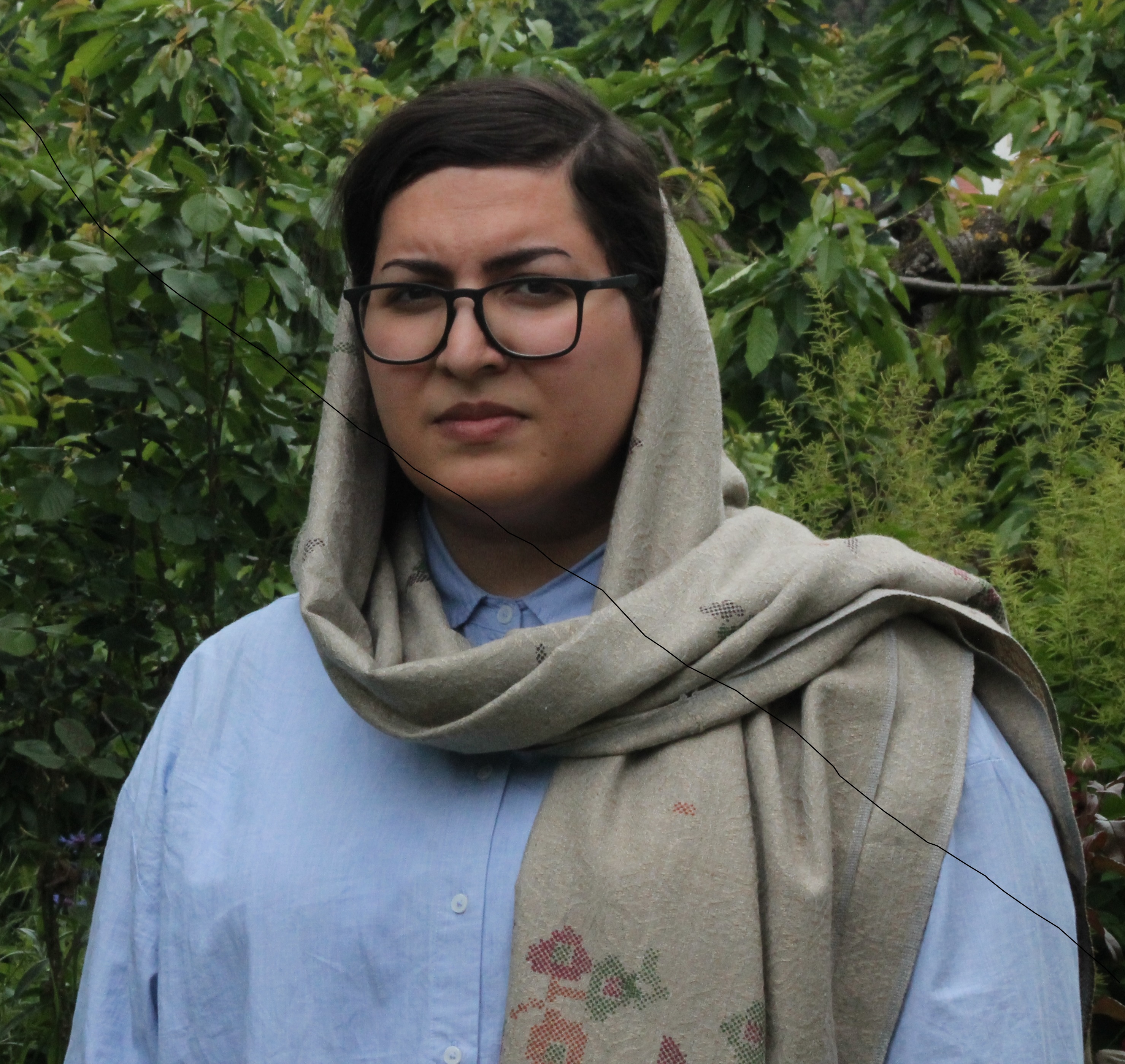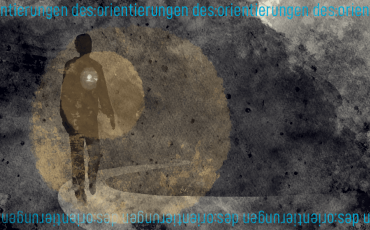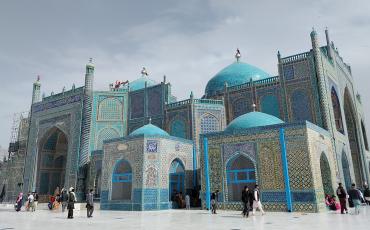On Afghanistan's official Independence Day, the Taliban proclaimed their “free and sovereign emirate.” Mina Jawad is analyzing if Afghanistan has become freer and more independent since.
Just over 100 years ago, on the 19th of August 1919, Emir Amanullah Khan declared independence from “British influence.” While Afghanistan has never officially been a colony or part of the British Empire, the country was nonetheless not sovereign and heavily influenced by the British until then – particularly in terms of foreign policy.
The timing for the Taliban could not have been more perfect: On the 15th of August a year ago, they captured Kabul, the Republic fell, and the last NATO troops were about to leave the country. In the proclamation of the emirate a few days later, on the nineteenth, the official Afghan Independence Day, the Taliban and their supporters abroad drew comparisons with the end of the British influence: the occupation was over, the war was over. From now on, there would be peace and freedom. But after one year of Taliban rule, what is the actual state of freedom and independence in Afghanistan?
Empty promises
Afghanistan is still experiencing one of the worst humanitarian crises in the country's history. More than 95% of the population does not have access to enough food. Secondary schools remain closed to girls. The security situation has improved in terms of travelling within the country since the Taliban themselves no longer carry out attacks. However, this apparent freedom to travel strongly depends on social roles: women travelling alone will be hard to come by. And in light of the humanitarian and economic crisis, travel is only possible for those who can afford it – which means almost no one.
Attacks also continue to take place – just on the 18th of August, more than 20 people died in an attack on a mosque in northern Kabul. Many of these recent attacks are directed primarily against the persecuted ethnic group of the majority Shia Hazara. The vast majority of Hindus and Sikhs have left the country. The United States may have withdrawn ground troops, but still hold air sovereignty over Afghanistan. So, the touted territorial integrity and security are more illusion than reality. The recent drone strike in Kabul, which reportedly killed al-Qaeda chief al-Zawahiri, also exposes the Taliban’s promise to not harbor terrorists as a lie.
On a cultural level, the Taliban also seem to have a strange understanding of freedom. Playing musical instruments is forbidden. Holidays such as the New Year, Nawroz, which includes religious ceremonies, Ashura, commemorating the martyrdom of Imam Hussein, or Mawlid, the birthday of the Prophet Muhammad, have been removed as official holidays. Even if these holidays have been part of the cultural heritage of the Afghan society at large, these restrictions are primarily directed at the Persian-speaking and Shia populations. The Taliban have a different understanding of Islam in Afghan culture than the population itself.
The Taliban's understanding of freedom is also criticized by the Islamic canon. Women's rights activist Tafsir Siaposh accuses them of treating people, who are all “children of Adam,” unequally in terms of dignity. In her eyes, Afghanistan has been abandoned not only by the international community but also by the Taliban.
But was it better before?
Admittedly, the current humanitarian crisis is not just because the Taliban's newfound power, it is also the result of the failed state-building attempts of the past 20 years. The Afghan economy was already in a miserable state when the Taliban took power. In the course of “nation building,” governments supported by the Global North failed to create sustainable structures, such as a domestic industry. Afghanistan's economy was on an IV drip for over 20 years. Foreign aid payments constituted a good 45 % of the gross domestic product.
When the infusion needle was pulled after the fall of the Republic, half of the population was already living below the poverty line. even before the Republic fell, U.S. President Joe Biden admitted that the involvement in Afghanistan was never really about state-building anyway, but “to get the terrorists who attacked us on 9/11.” “Counterterrorism” that cost more than a hundred thousand victims on the Afghan side.
Moreover, Afghanistan was obviously subject to geopolitical interests in the past decades and extremely profitable for the arms industry and an NGO culture that served as a stepping stone for careerists from the Global North. They reaped high profits, while Afghans were often deemed not qualified enough to work. Although the security situation deteriorated drastically year after year, the German government cooperated with the corrupt, chauvinist governments of the Republic to facilitate deporting people to Afghanistan.
Thus, freedom and independence were only available to some and at the expense of others even before the Taliban took power again. Power and self-determination have always been a matter of external influence, class, ethnicity, education level, place of residence and gender. It would be fatal to believe that the Taliban put an end to all that. Afghanistan was not independent before, nor did the Taliban liberate the country.
The end of an illusion
Despite these continuities, the Taliban's return to power last year was a collective retraumatization for Afghans inside and outside the country: once again a government has been toppled, once again the Taliban rule, and once again people are forced to adapt and show pragmatism to survive. A continuity of lack of freedom and dependence does not make this easier, but harder to bear. Moreover, the Taliban are additionally fighting the progress of the past 20 years and will try to roll back socially and institutionally.
Although these achievements were limited to the microcosm of the cities, at least there, a thriving cultural and media landscape could establish itself and a small civil society could develop in the past 20 years. In this microcosm, the middle class was able to grow, for whom opportunities for advancement presented themselves. I weep for this young generation, which was unable to take advantage of the opportunities under the old Republic and will not have opportunities in the future under the Taliban. I also weep for the rural population, who paid the highest price for the continuous war. Civilians in the countryside who died in drone attacks, who never enjoyed freedom and independence away from urban areas, and who never will. For if rights are restricted in the cities, certainly none will be granted in more rural areas. Security at the expense of freedom is still servitude. The freedom of which the Taliban speak will always be, in the end, only the freedom for those who align with their ideas.
It is painful that the country's history is repeating itself in Afghanistan. The population is once again being forgotten and knowledge about this is being suppressed to serve political opportunism. The truth is that there is no independence without freedom. No peace without justice. For those who actually celebrate August 19, I wish you all the best for Dependence Day.
You can find more work of our illustrator Zaide Kutay on her Instagram.





















